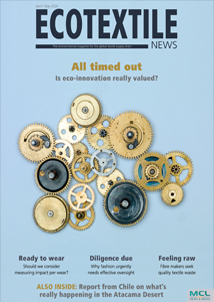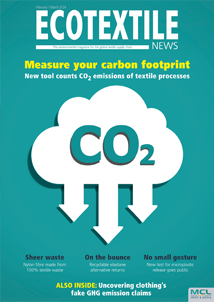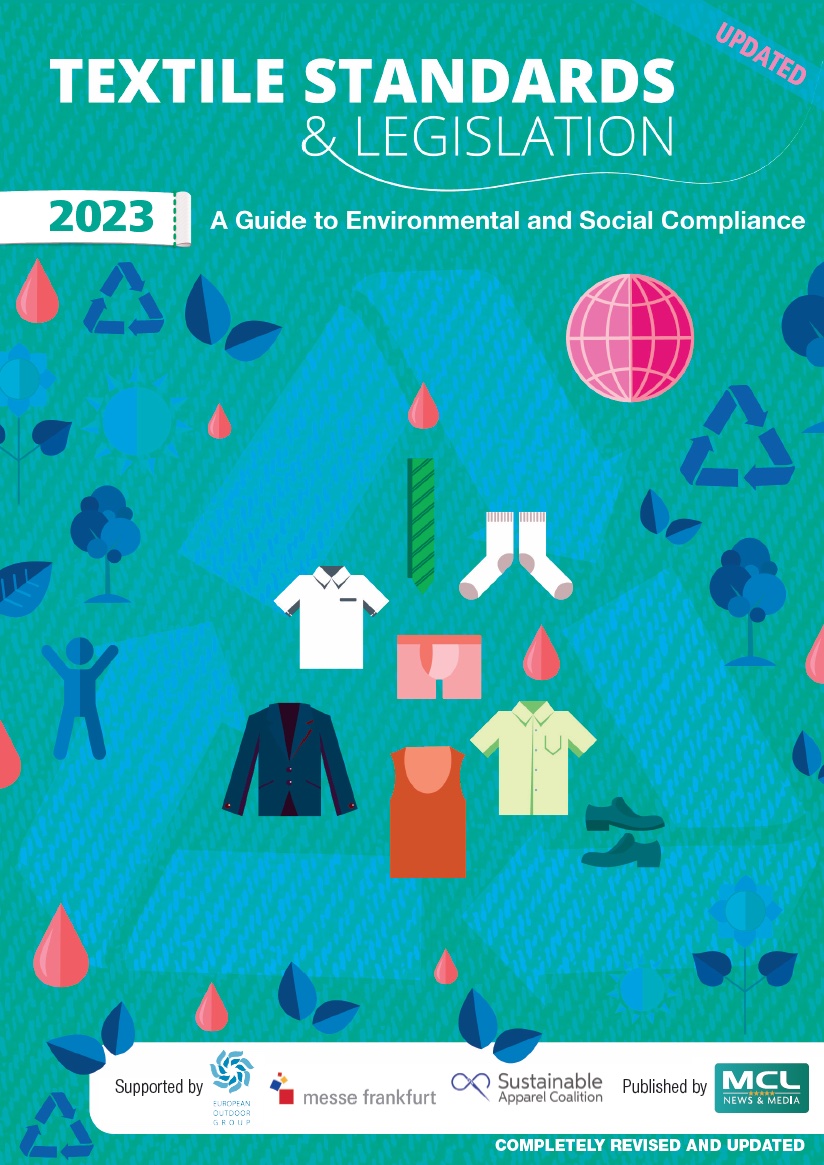WAKEFIELD – Our host Philip Berman explores sustainability issues related to cotton in the first of a new three part series of our Ecotextile Talks podcast, entitled Thread Together, sponsored by Cotton Incorporated.
Berman catches up with Jesse Daystar, vice president and chief sustainability officer at Cotton Inc; Mary Ankeny, the organisation's vice president of product development and operations; and Joe Sagues, assistant professor in biological and agricultural engineering at North Carolina State University.
They enjoyed a wide-ranging discussion which considered issues from the biodegradability of cotton and its impact on microfibre pollution to new research into composting cotton textile waste to capture CO2.
On microfibres, Daystar said that Cotton Incorporated's research confirmed that cotton biodegraded in sea water, fresh water and wastewater much more quickly than synthetic fibres, such as polyester, even after treatment with dyes and other chemicals.
"Those dyes and finishes do have some effect as to whether it slows or speeds up the actual biodegradation but on average within the chemistry, as we saw, it is on average the same as untreated fibre," he said.
Berman asked why, if this was the case, had a series of studies found six times as many cellulosic microfibres, like cotton, in seas than synthetic fibres when more synthetic fibres were produced than cotton each year.
Daystar replied that cotton was just one form of cellulose which was one of the most abundant compounds in the world - he believed that the biggest contributor to the amount of cellulose microfibres in aquatic environments was probably toilet paper.
Ankeny then revealed that new, as yet unpublished, research by Cotton Incorporated suggested that toilet paper biodegraded more slowly than cotton.
"We actually have proof of that," she said, "We've done a study looking at cotton microfibres versus toilet tissue versus flushable wipes. And we've evaluated the time it takes for these materials to biodegrade and cotton does biodegrade faster."
Sagues told Berman about research he was working on, funded by CottonIncorporated, to develop technologies able to extract carbon from the atmosphere and remove it permanently.
"And that's where composting has a role to play," he explained. "At North Carolina State University, we have a patent pending technology, that we call flipped composting, which actually captures the biogenic co2 that's emitted during the composting process.
"As long as you prevent it from going back into the atmosphere, and it's securely stored, then you can have a carbon negative cotton textile material. And you can actually have carbon negative clothing materials."
Subscribe to our podcasts and radio shows by following us on Apple, Google, Spotify and Amazon Music, to automatically get alerts when we launch a new Ecotextile Talks Behind the News podcast.










































